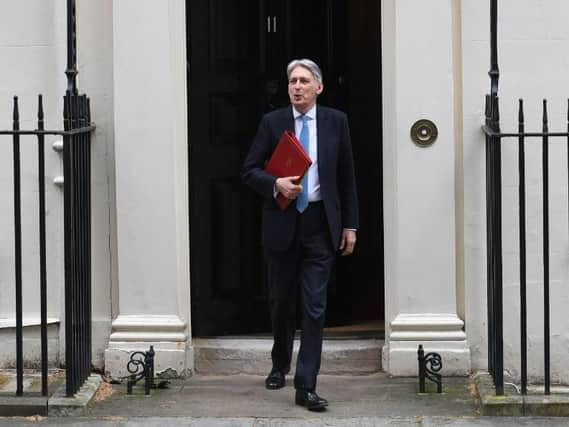How the Spring Statement became the latest display of Westminster's Brexit paralysis


Any fiscal event usually dominates coverage for weeks, as journalists scramble to find out what the Chancellor will say in the run up to the statement and spend the days afterwards obsessively analysing what it means.
But this time round, Philip Hammond’s set piece played second fiddle to the only policy the Government is pursuing, to the detriment of its domestic agenda.
Advertisement
Hide AdAdvertisement
Hide AdMPs and commentators were deaf to his bread and butter announcements on affordable housing guarantees and his plans to phase out fossil fuel heating systems.
Instead they poised to see if he would be the one to signal a way out of the Brexit gloom that has descended on the House of Commons, following Theresa May’s failed efforts at getting a deal past.
But all Hammond could offer was his usual pessimism about how a disorderly exit would create "significant disruption" for the UK economy, as well as a joke about the insurmountability of the Northern Irish backstop - he suggested that a new super computer might be able to solve it.
And the assertion that the Spending Review - which will set out the Government’s fiscal priorities for this parliament - may not even go ahead later this year if Britain embarks on a no-deal Brexit.
It was yet another admission that the day-to-day functioning of our political institutions is on hold until the UK leaves the EU and probably for a long time afterwards.